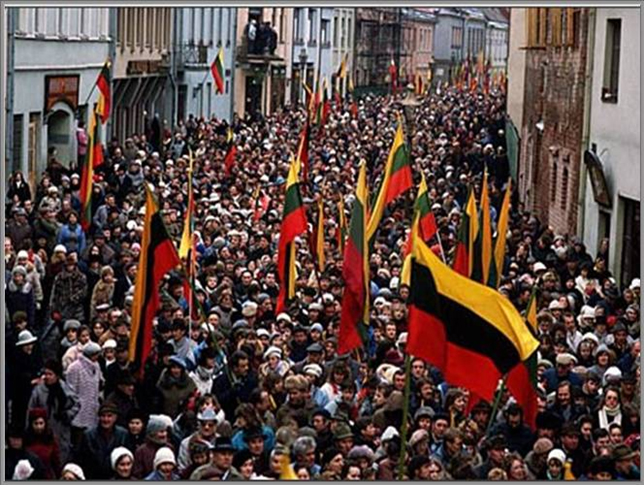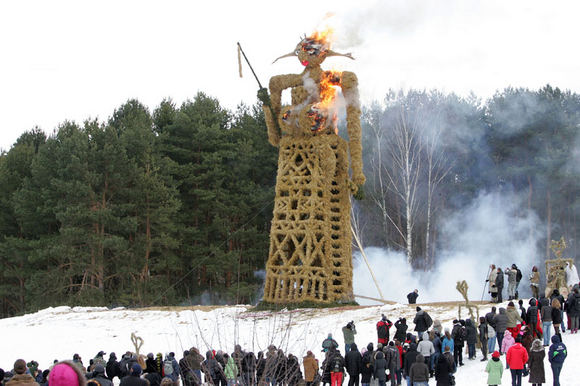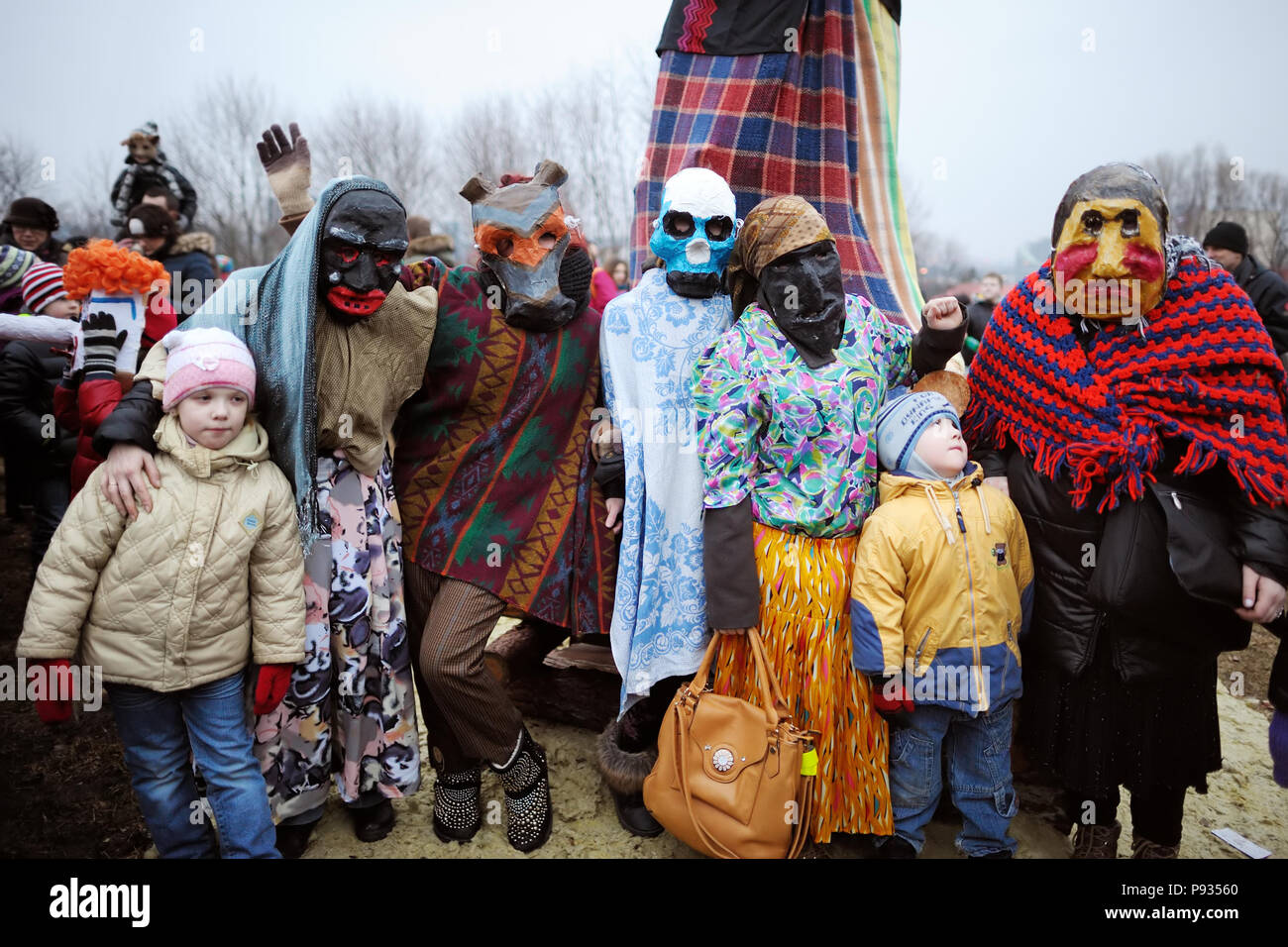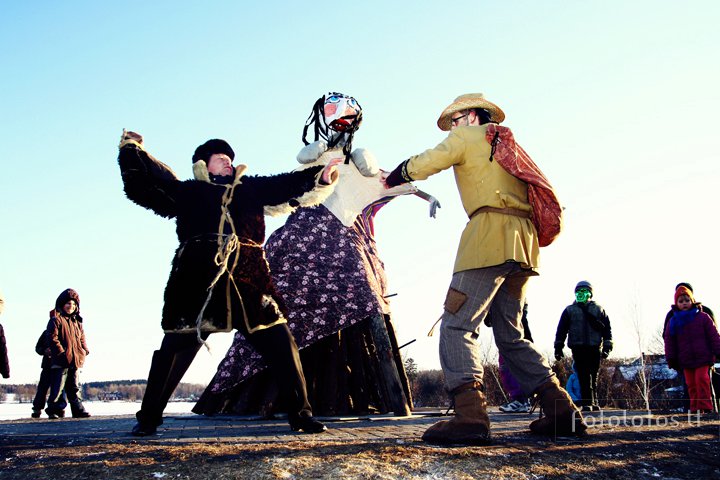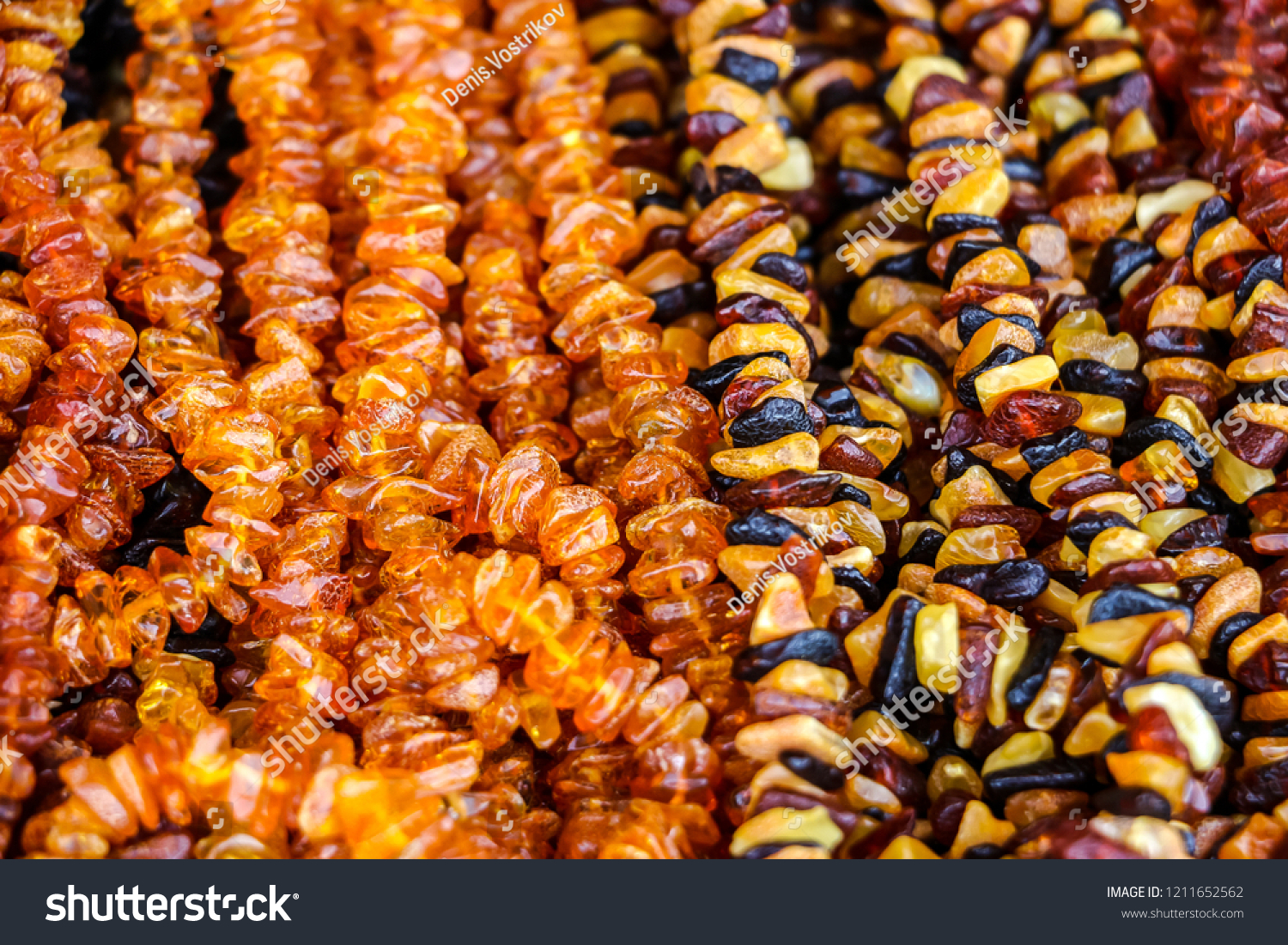Every summer when I go to Lithuania, we take a day trip to Cepkeliu Raistas, which is a swamp that I’ve posted about on here before. We go to the lake nearby and set up a fire and some snacks to eat before we embark on our journeys. We collect our baskets and knifes, roll up our sleeves ,make sure our socks are tucked into our pants nicely, put on some boots and go out into the woods to look for mushrooms. The entire family comes and splits up either into groups or by themselves. We start off walking on the dirt path, but we eventually cant escape the enticing call of the woods. My aunt knows all the right spots to look for mushrooms. She knows which tree she found that Baravykas under last year and will go to that same exact spot to find another one again. Baravykas is the most special mushroom there is to Lithuanians. In the summer and fall, we pick HUNDREDS of baskets of them and dry them so my family can enjoy them in the dead of winter. They’re also the most rare and hardest to find. We stroll along the forest peacefully, talking about love and God and how lucky we are to be able to see and walk in such a wonderful place. As we walk, all of the sudden, my aunt sees something in the distance and walks away from me. I follow her, and she leads me to patch of beautiful Voveruskos. These are my favorite mushrooms, I’m always so happy to see them. We both crouch down, pull out or knifes, and start pulling them out from under the moss. We cut the dirt end from the root, making sure no worms spoiled them, and place them carefully into our baskets. We gently cover the earth with moss again and keep walking to find more. Mushroom picking is one of the most peaceful things you can ever do. In the depths of Lithuanian forests, there are no sounds to be heard. No roaring engines or chattering people, not even from a distance. Its so silent that you can hear your own heart beat and the blood coursing through it. The wind rustles the trees occasionally, or a bird will chirp to us, but other than that… absolutely nothing.

(these are Baravykai)
Some days are luckier than others. We could walk around the forest all day only to find a couple mushrooms, but other days you can find a whole basket in an hour. It all depends on how much it rained the night before.


(These two pictures are Voveruskos)
Mushroom picking can be quite dangerous and scary at times, believe it or not. Once you stray from the path to pick up a mushroom, you might not no which way to go back. Once you look up from the moss, everything around you looks the same. Its so easy to get lost, and its happened to everyone of us at least once. My aunt told me stories about how she got lost for a whole day once and had nothing to eat but the mushroom and berries she picked. Countless times we’ve had to set off the car alarm so that our family members would know which direction to go. My mom and I got lost once and prayed for hours in the woods for God to show us our way back.There’s no phone service once you go in the forest, so once you’re lost, you’re the only one that knows you’re lost. It’s a daunting and scary world out there in the woods, but its one of the most serene places you’ll ever experience.

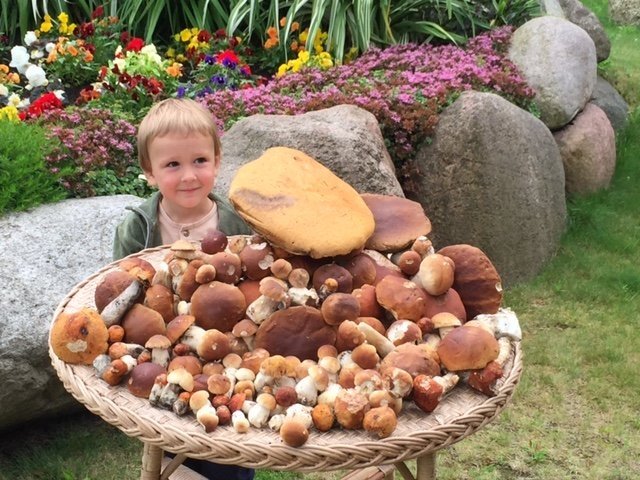
For some people, mushrooms are the reason they can live. There are a lot of poor villages in Lithuania that depend on picking mushrooms to stay alive. On the drive home, you see countless grandmothers and young children parked on the side of the road selling their jars of mushrooms and berries. One liter may not look like a lot to you, but to that child, it bought them their schoolbooks and pencils for the fall.

After a whole day of picking mushrooms, my entire family comes together and cooks dinner at the fire. We compare the mushrooms we all collected throughout the day and hear boasts about whose were the prettiest , who collected the most and whose tasted the best. My aunt would prepare the best soup over the fire. Adding our mushrooms and any scraps we hadn’t finished from lunch, it was the perfect way to end our day. We’d talk around the fire and sip at our scrap soup and then prepare to drive back home.

Mushroom picking always creates the best memories for me and I can’t wait until next year when I get to do it again.

